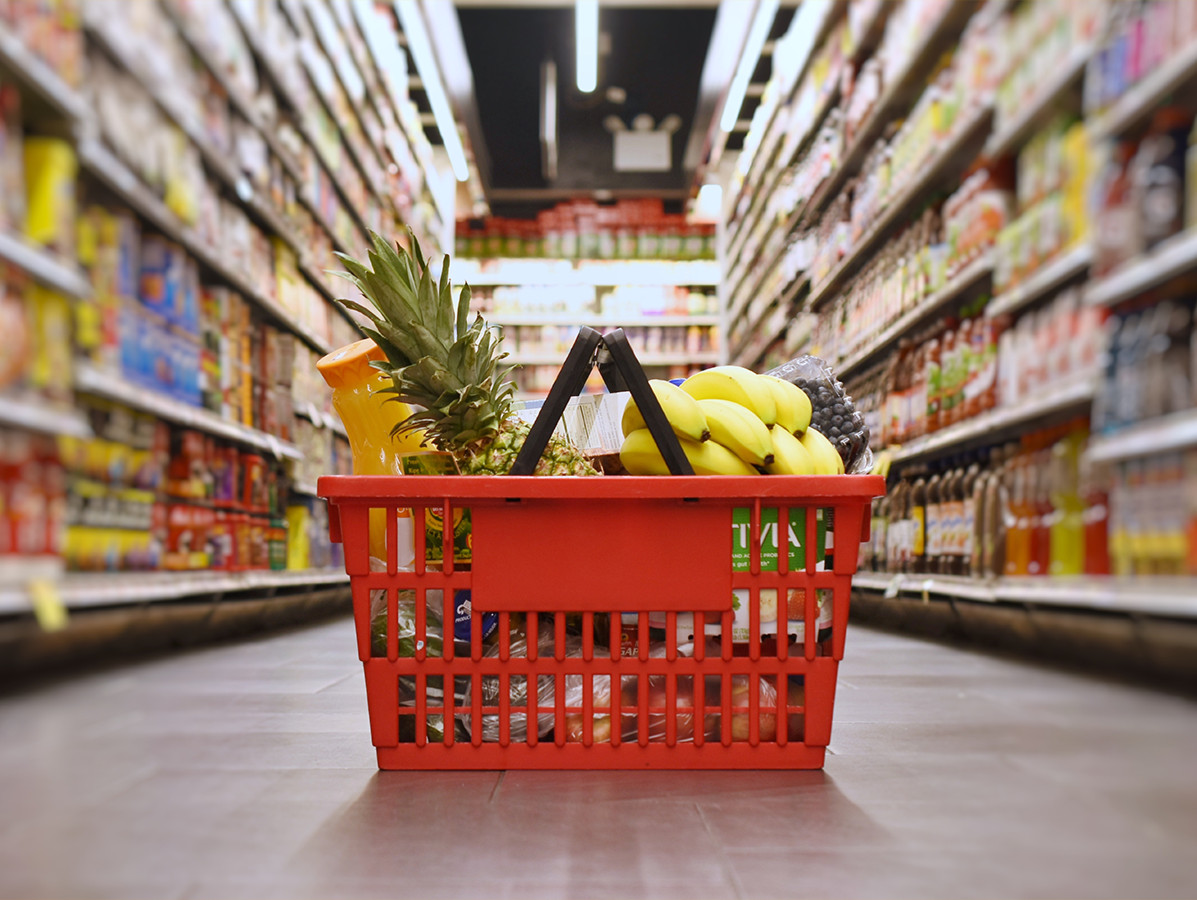
Although restaurants are reviving after the corona-lockdowns, night catering and event catering are still struggling. The 'new way of working', where we work from home more often, seems to be a threat, but actually offers opportunities for company caterers. Meanwhile, the need for sustainability is growing, and we are at the beginning of the protein transition. According to Rabobank, the Netherlands is a leader in this transition, with animal products increasingly being replaced by vegetable alternatives.
Rabobank expects a revival in the second half of the year for restaurants in particular, although this cannot compensate for the poor first half of the year and the hospitality sector will shrink by just under 40% compared to 2019. Compared to the disaster year 2020, this is still over 25% growth. Ultimately, 2021 will also be a black year with 27% contraction for the total foodservice market. Only in 2022 will sales largely recover, although the impact can vary greatly by sector in food, Rabobank expects.
Due to disruptions in the logistics chain and mismatches between supply and demand caused by Covid-19 in the past eighteen months, commodity price inflation is becoming an increasingly important factor. The prices for many agricultural raw materials, but also for energy and packaging materials, have risen sharply in recent months. These cost price increases have been partially absorbed in the chain, but we also see this inflation reflected in price increases on supermarket shelves. Rabobank expects price pressure in the chain, but more in the extent to which cost price increases will or will not be passed on to consumers. Taking into account some inflation that consumers will pay for with some delay, growth expectations for the supermarket sector have been revised upwards.
Within Europe, the Netherlands is one of the leaders when it comes to alternative proteins. Nevertheless, the consumption shares in our country were still relatively limited last year, with 2.5% for meat substitutes and 4% for dairy alternatives. But the segment is growing fast. In Dutch supermarkets, for example, sales of meat substitutes have doubled since 2017 to almost €200 million, and the foodservice market is recovering rapidly.
Rabobank expects the average European consumption share of meat substitutes to rise further to around 4% and for dairy substitutes to almost 9% by 2035. With expected annual growth rates of about 7 to 15%, protein alternatives outperform all other food categories.
Source: Rabobank